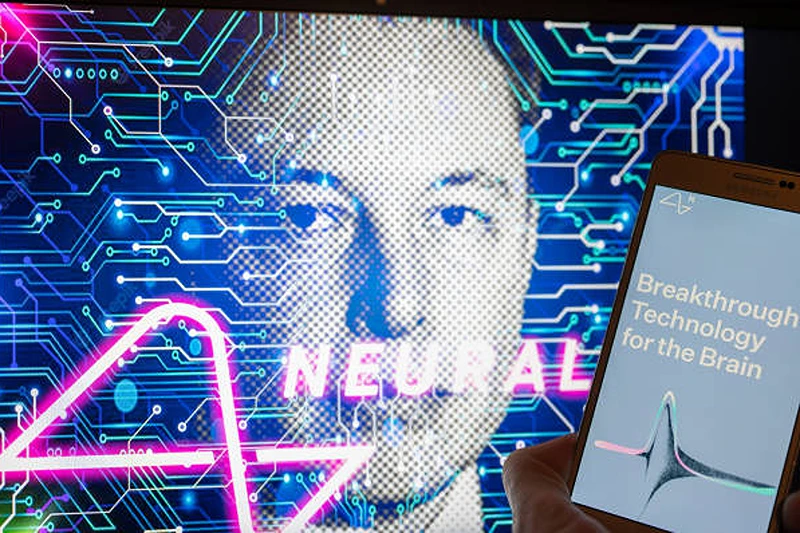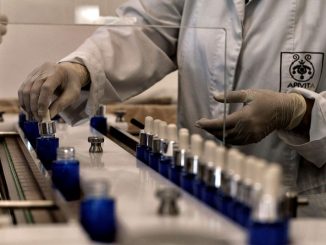

OAN’s Abril Elfi
5:57 PM – Monday, January 29, 2024
The Neuralink company has announced that they have implanted its first-ever brain microchip in a human patient.
Advertisement
The first human implant by Neuralink, Elon Musk’s neurotech startup company, took place on Sunday and a post on X (Twitter) stated that the patient is currently “recovering well.”
Musk also said that the initial results show “promising neuron spike detection.”
The company announced last month that it was seeking quadriplegics under the age of forty to take part in the trials on humans. Additionally, Musk explained that a surgeon would remove a portion of the test patient’s skull before 64 threads lined with electrodes would be implanted into their brain by a 7-foot-tall robot called R1.
The company planned to create a “comprehensive brain computer to assist humans in keeping up with artificial intelligence (AI),” according to Musk.
In May 2023, Neuralink received approval from the United States Food and Drug Administration (FDA) for its first human clinical trial, which was a significant step after previous delays and setbacks. At the time, Neuralink described the FDA approval as “an important first step that will one day allow our technology to help many people.”
Neuralink announced in a statement in September 2023 that they were seeking patients who have quadriplegia “as a result of a vertical spinal cord injury or amyotrophic lateral sclerosis (ALS).”
According to the study’s brochure, completion will take roughly six years.
Participants will have nine at-home and in-person visits during the first 18 months, followed by 20 follow-up visits spaced over the next five years, as well as twice-weekly “research sessions” for the remainder of the study.
Using a proprietary robot, volunteers will undergo surgery to implant a brain-computer interface (BCI) in a brain region responsible for controlling movement. The goal is to enable participants to manipulate a computer cursor or keyboard solely with their “thoughts and brain power.”
The number of human participants in the technology trial, which will evaluate the chip’s functionality and safety in addition to the robot surgeon, has not been reported and is currently unknown.
Stay informed! Receive breaking news blasts directly to your inbox for free. Subscribe here. https://www.oann.com/alerts






Be the first to comment